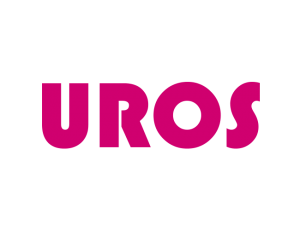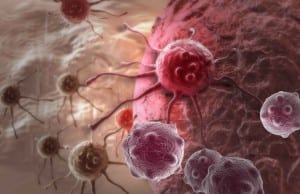
One of the most complex medical imaging systems ever developed which uses proton beams to create 3D images of the internal anatomy of cancer patients will be installed in one of the UK’s only two new NHS high energy proton beam therapy centres, helping to provide better treatment planning and monitoring for difficult to treat cancers.
Scientists are developing the instrument which will use the same proton beams that treat the cancer to create three dimensional images of a patient’s anatomy. Accurate proton CT images which can reduce dosage and targeting errors during proton beam therapy by showing how radiation interacts with the tumour site have been dubbed the ‘Holy Grail’ for this form of treatment, potentially making it a viable option for many more cancer patients.”
The new device, which will be based in the dedicated research room at The Christie NHS Foundation Trust which has been funded by The Christie charity – deploys the same type of sensors used in the Large Hadron Collider at CERN to detect fundamental particles.
The project, called OPTIma (Optimising Proton Therapy through Imaging), is funded by a £3.3 million grant from the UK’s Engineering and Physical Sciences Research Council (EPSRC). OPTIma’s sensors will be designed and developed by the University of Birmingham’s Instrumentation Laboratory for Particle Physics and Applications – will be installed in the NHS proton beam therapy centre at The Christie in Manchester.
Like x-rays, protons can penetrate tissue to reach deep-seated tumours. However, compared to x-rays, protons cause less damage to healthy tissue in front of the tumour, and no damage at all to healthy tissue lying behind, which greatly reduces the side effects of radiation therapy.
Proton beam therapy uses very high energy beams of protons to target tumours, and though more expensive to deliver than conventional x-ray therapy, it is beneficial for tumours that are difficult to treat by more conventional means for example some tumours of the brain and central nervous system, tumours near critical organs, and most cancers in children with less radiation being absorbed by healthy tissue.
The OPTIma project is led by Professor Nigel Allinson MBE, from the University of Lincoln, UK. He said: “Using the same type of radiation for treatment and imaging eliminates most of the uncertainties currently associated with treatment planning. Treatments are always planned to be robust and safe, but these uncertainties means that sometimes the treatments are not optimum – now we will have the opportunity for them to be robust and optimum.
“Furthermore, having proton imaging in the treatment room, we can monitor changes in a patient’s anatomy throughout the course of treatment, achieving adaptive radiotherapy.”
This innovative new method of imaging and treating cancers will eliminate some of the uncertainties associated with traditional x-ray therapy, and it is believed that some of the more difficult tumours will become treatable and most patients will have a better outcome following treatment.
Professor Allinson added: “This will be the first time anywhere that a proton imaging system will be installed in an operational proton therapy centre. It offers an amazing opportunity to work with oncologists and medical scientists to understand what they need to improve treatments and benefit patients.”
The Government has invested £250 million in two new proton beam therapy centres in London and Manchester, and The Christie in Manchester will start treating patients this autumn.
The OPTIma project is being run in collaboration with The University of Manchester, University of Birmingham, University of Surrey, The Christie NHS Foundation Trust, University Hospitals Birmingham NHS Foundation Trust, and University Hospital Coventry and Warwickshire NHS Trust.
It builds on work by Professor Allinson and his team, which led the £1.8m Wellcome Trust project, PRaVDA, producing the first prototype system. This system was able to demonstrate the power of imaging with protons.
This work has been awarded several prizes including being named as one of 100 engineering ideas that changed the world in the Institution of Engineering and Technology’s year-long exhibition in 2015.
The team were runners-up in last year’s British Engineering Excellence Awards for the Best Design Team of the Year – beating the likes of Land Rover-Jaguar.
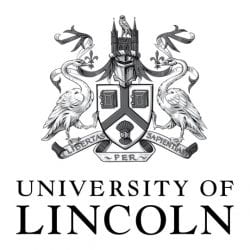
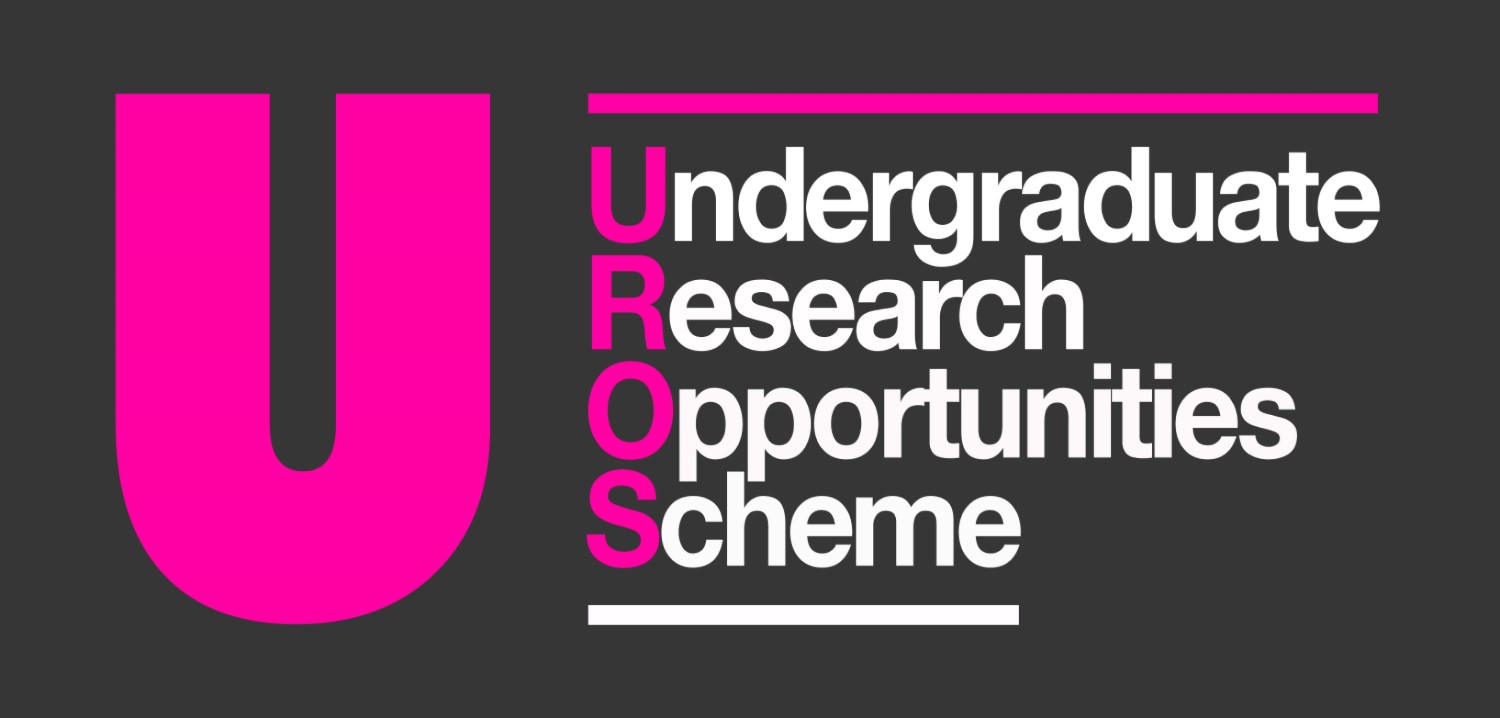
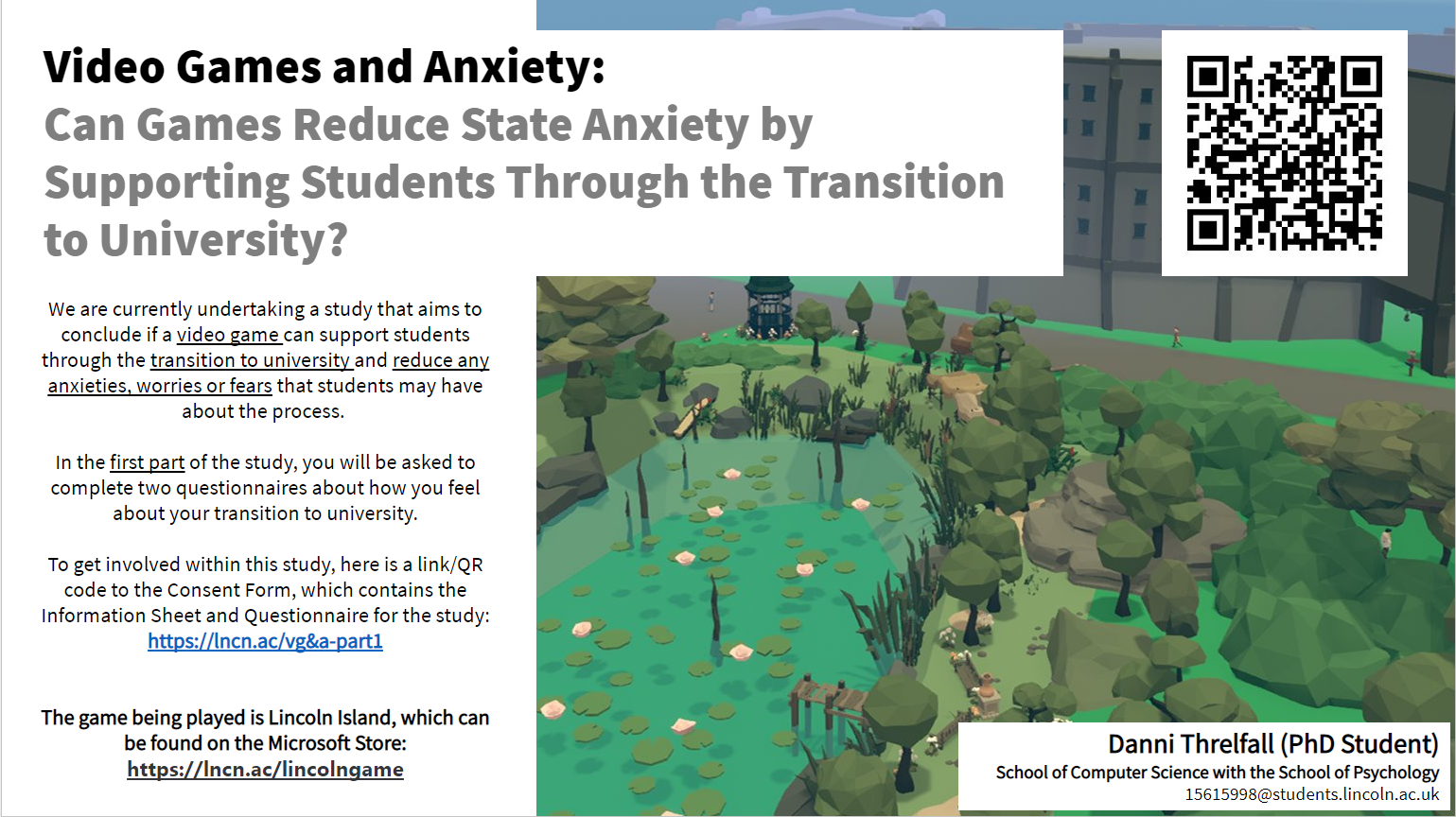
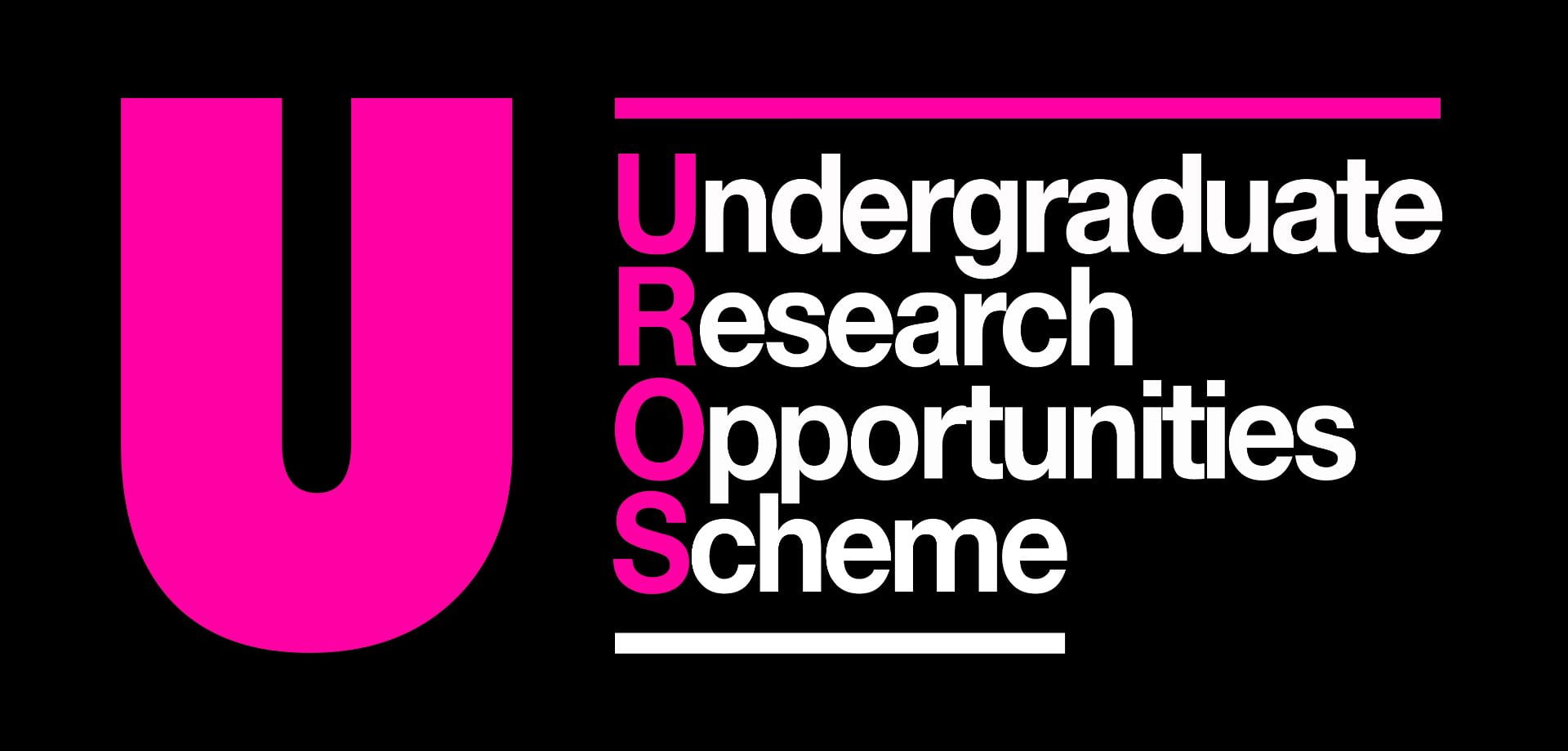

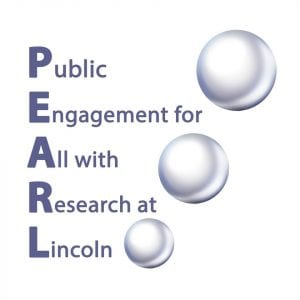 In spring 2018, the University of Lincoln will be producing its first Annual Report on Public Engagement with Research, showcasing inspiring activities in which staff and students have engaged with the world beyond the university. The Annual Report will be a full-colour publication available online and in hard copy which will recognise, celebrate and promote a remarkable range of activity which includes giving talks; contributing to films and exhibitions; running events; staging interactive activities; working with local businesses; organising focus groups; hosting debates; involving members of the public in research and much, much more.
In spring 2018, the University of Lincoln will be producing its first Annual Report on Public Engagement with Research, showcasing inspiring activities in which staff and students have engaged with the world beyond the university. The Annual Report will be a full-colour publication available online and in hard copy which will recognise, celebrate and promote a remarkable range of activity which includes giving talks; contributing to films and exhibitions; running events; staging interactive activities; working with local businesses; organising focus groups; hosting debates; involving members of the public in research and much, much more.